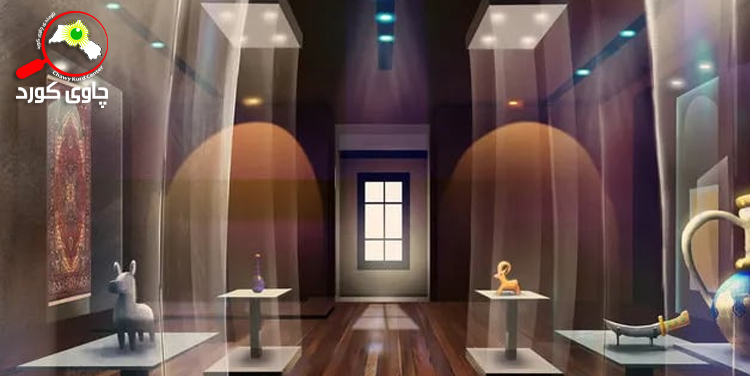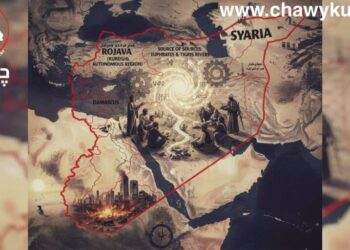The civilizational and historical face of any nation requires pay attention to its objects, materials, remains and memories. There is no nation in the world that does not have its own historical, national and symbolic capital, whether it is the general culture and civilization or the level of character and charisma, etc. Possibly according to the changes in the stages of historical development and human life and since they realized the importance of archiving and preserving their memories, they have opened museums. This is a good excuse to preserve past and to demonstrate abilities to face life’s challenges.
Museum; The root of the English word is derived from the Greek word (Mousein) or (Mosa). Being the temple of the goddess of arts and crafts, Bedi is now a museum; it is a human, cultural and cultural phenomenon, a symbol of memories, historical, national and folkloric objects of the past of nations are preserved there.
Sometimes a museum becomes a exhibition of a common record of the history of the nations of the world, in which the civilizational and cultural products of all the nations of the world are preserved. That is, it does not depend on the history, culture and civilization of a particular place and geography, as seen in the Louvre Museums in Paris, the Museum of London in the UK, etc.
“Classification of museums at the level of the heritage of human civilization”
Accordingly, we can divide museums at the level of historical, cultural and civilizational heritage of humanity at the world level into:
- World Museums: – these museums are a historical heritage of civilization of all the nations of the world dedicated to the preservation of the materials, paintings and remains that belong to humanity and are preserved in the museum. An example of this type of museum is the Louvre in Paris.
- National museums: These museums preserve the historical and civilizational works of peoples of a particular geography and country. Most countries in the world have similar museums.
- Local museums: These museums, which may be run by an individual or institution, are dedicated to preserving the materials, products and memories of a particular person or group.
Museum types
Currently, the function of museums is different and in terms of subject matter and diversity, they have appeared in many ways and have been set at the service of humanity.
- Historical Museums: This type includes any public and national museums that may contain historical and civilizational objects of the whole of humanity or a particular geography and country.
- Folklore Museums: – These types of museums are also called antiques, which usually display local and folklore objects of a region for the purpose of viewing or profit, exchange, trade, buying and selling. Therefore, they are allowed to be bought and sold. Like the Erbil antique Shop in Erbil Castle.
- Tragic Museums (monuments): – The historical and civilizational aspects of humanity are full of achievements and high values of humanity from the significant improvements in the type and way of life in terms of, quality and quantity.
- Sports Museums: These are museums that preserve achievements and sports equipment of national teams, clubs, stars and sports personalities.
- Cultural and artistic Museums: – These include cultural and artistic centers that can become a source of awareness and enjoyment, whether it is the preservation of objects and resting places of intellectuals and writers.
The desire for Nostalgia and a return to the Museum”
As in recent years, due to the richness of civilizational and cultural heritage of countries, museums have developed on many levels, while one of the characteristics of the new era is the rapid changes and continuous improvements in lifestyle. Although modern man has achieved good things in many aspects of prosperity, he still wants to be nostalgic and go back to the past. In what corners is humanity has stopped? Where did he go? Where is he now? What about the future? That is, the modern man, although he lives in the present, has an existing body, but he is always thinking about the past and imagining the future. This has made him love the civilization, culture and folklore of the past of humanity and his country. Feel the importance of museums, take time to visit and see museums at the stop of his trips.





























































